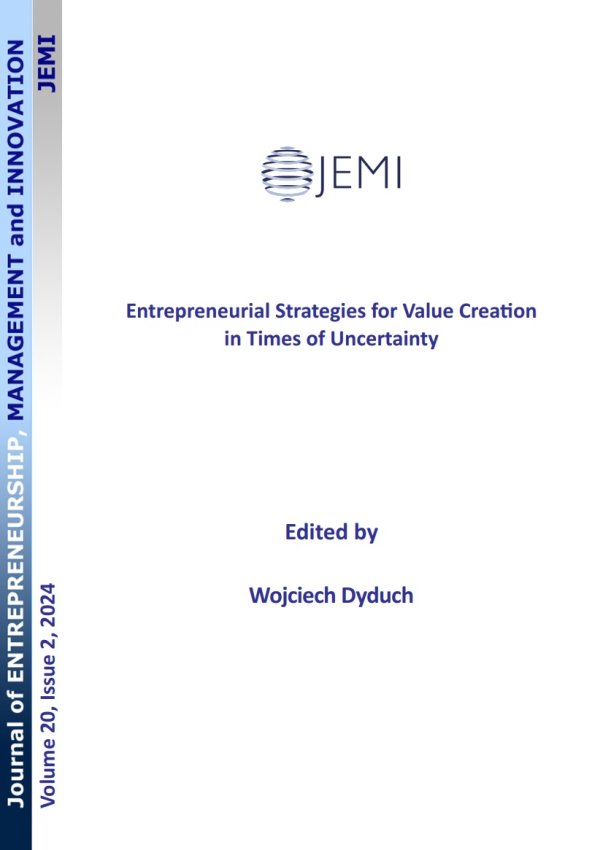S. Porkodi, Ph.D., Faculty in the Department of Business Studies, College of Economics and Business Administration, University of Technology and Applied Sciences, Muscat, Sultanate of Oman, 133 Al Khuwayral Al Janubyyah St, Muscat, Oman, e-mail: This email address is being protected from spambots. You need JavaScript enabled to view it. 
Abstract
PURPOSE: The COVID-19 pandemic and the digital transformation have hastened the demand for enterprises to be more flexible and adaptive in a fast-changing environment, making agile leadership a prominent business trend. Agile leadership improves innovation efficiency, employee performance, and team effectiveness. However, there is limited research on agile leadership’s effects on organizational outcomes. Thus, this study provides a meta-analytic review of the impact of agile leadership on organizational outcomes that cover various common dimensions like operational, employee, customer, financial, and social environments. METHODOLOGY: The study has two phases: the first phase performs bibliometric literature analysis, and the second phase performs meta-analysis. In the bibliometric literature analysis, 74 articles that were published between 2004 and 2023 were identified from Scopus and Google Scholar, and their type of publication, year of publication, countries involved in agile leadership research, keywords involved, and their association are examined. For the meta-analysis, 24 articles that performed empirical research were chosen from which the various independent and dependent variables studies, along with their standard regression coefficients (𝛽) and correlation coefficients (𝛾) that represent the relationship between agile leadership or agile leaders and that of other factors, were extracted and examined. FINDINGS: The study found that there was a significant rise in publications on agile leadership after 2020, and Turkey, the United States, and Indonesia were involved more than other countries. Moreover, agile leadership is studied more in terms of operational outcomes and employee outcomes. The results of the meta-analysis indicate that agile leadership has a strong relationship with factors like interpersonal trust (𝛽=0.93), organizational performance (𝛽=0.90), organizational effectiveness (𝛽=0.89), individual career success (𝛽=0.89) and innovation management (𝛽=0.81). Thus, it is clear that agile leadership has a stronger impact on operational outcomes than employee outcomes. Agile leadership characteristics such as digital innovation, trust, competency, result orientation, and wisdom are significant for organizational growth, team collaboration, team effectiveness, and organizational innovation. IMPLICATIONS: Identifying agile leadership concepts helps assess the progress of empirical research, improve leadership theories and models, and identify potential growth opportunities. The success of agile leadership depends on factors like a company’s culture, industry, and size, and this can be studied further. Furthermore, organizations may need to adjust their strategies on customer service, financial management, and investment so that they better reflect the values of agile leadership. ORIGINALITY AND VALUE: This study classifies numerous different research models that shed light on the efficiency of agile leadership based on a comprehensive literature review that serves as the basis for this study. In addition, this study identifies potential problem areas that need to be fixed, and as a result, it makes a contribution to the research on agile leadership.
Keywords: agile leadership, organizational outcomes, operational outcome, employee outcome, interpersonal trust, leadership practice, organizational performance, meta-analysis, digital transformation, innovation management, employee performance, interpersonal trust, team effectiveness, COVID-19, strategic flexibility






